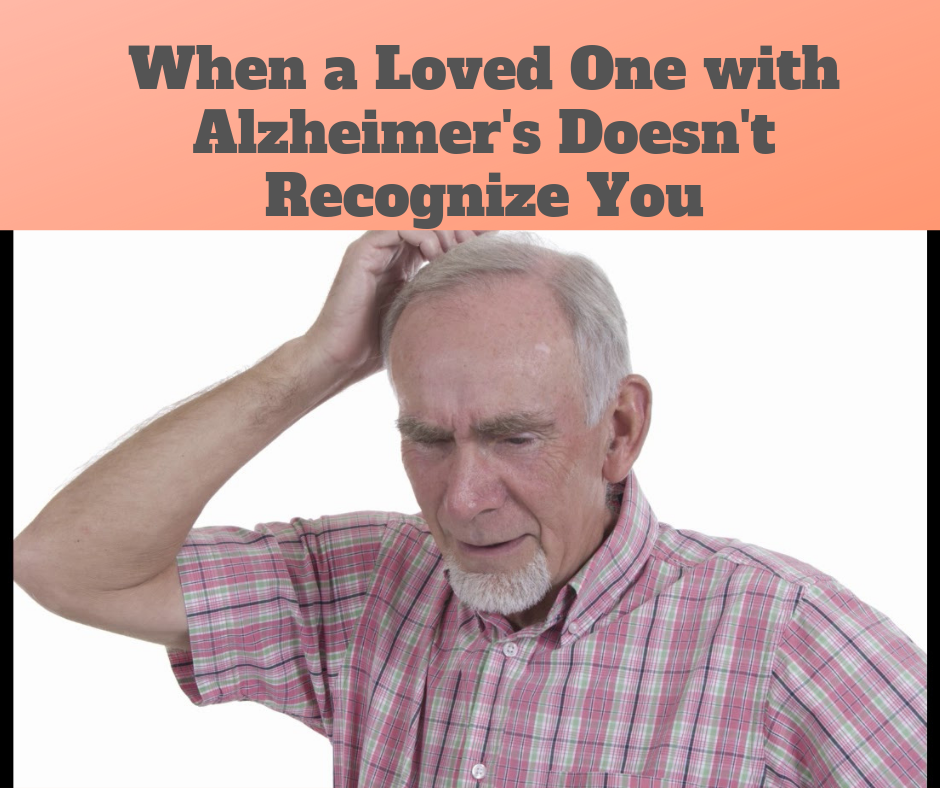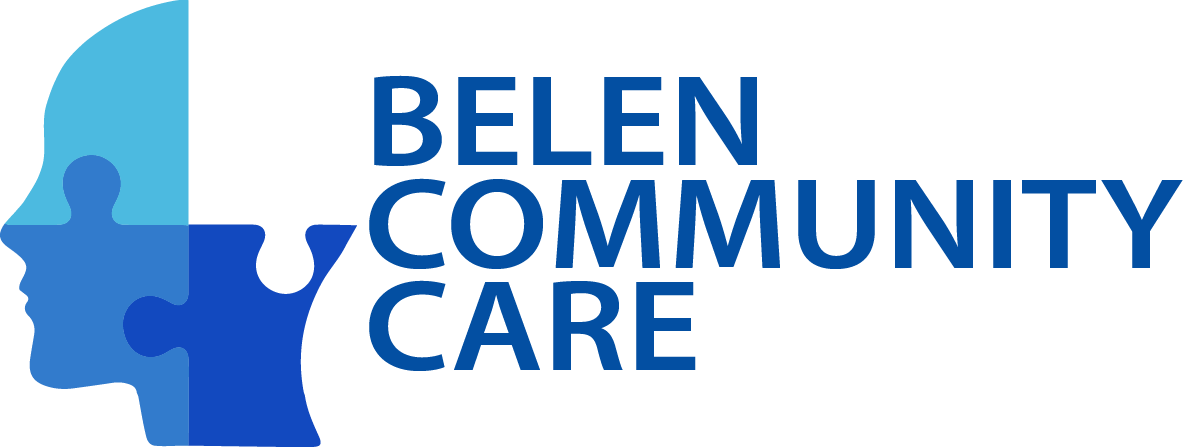
Watching a loved one move through the stages of Alzheimer’s disease (AD) can be one life’s toughest and most heart-breaking challenges. If we had to list examples of emotions by the distress they cause us, at the top of the list would be watching someone we love experience physical and mental pain that we cannot relieve. For many caregivers, next on the list at least for many caregivers, would be having to live with the fact that a loved one no longer recognizes us for who we are.
As the disease progresses, the essence of a person — memories and traits — fades as brain cells deteriorate. Unusual behaviors arise, moods inexplicably vacillate from anger to paranoia, and lapses in people’s memories become more apparent. This can cause a person to forget his or her children
 Why Does This Happen?
Why Does This Happen?
There are several possibilities for why your loved one doesn’t recognize you anymore. Here are a few:
Memory Loss: Because Alzheimer’s damages the brain, memory declines. Depending on where the damage is in the brain, facial recognition and the ability to recall names, events, and fundamental information can become impaired. Changes in the brain are the most common reason why your loved one doesn’t seem to recognize you.
Paranoia and Delusions: Sometimes, a psychological change occurs in dementia and paranoia or delusions develop. These irrational thoughts and feelings can cause the person to fear you and believe untrue things about you, even if they do recognize you.
Delirium: If this change in the ability to recognize you is sudden, be sure to contact her physician since it’s possible she may be experiencing an infection or medication interaction that is causing delirium.
Vision Loss: Occasionally, a person with dementia experiences a significant decline in vision and it goes unnoticed. Perhaps you haven’t taken your loved one to an eye doctor for a few years because it’s a difficult process. It’s possible that she can’t see you well enough to recognize you.
Not Being Recognized Doesn’t Mean We’re Forgotten
The pain of walking into a room and having one’s spouse or parent not recognize us can can be hurtful and trigger some strong emotions. Sometimes, adult children especially, will ask, “why should we visit them? Why go through the pain of sitting there, when they don’t even know who we are?”
Even though the person may not indicate in any way that your presence is known, it may well be that the touch of your hand, the sound of your voice or even some sense we cannot quantify will get through to this person, somehow.
 Tips on Coping
Tips on Coping
Acknowledge the Loss: As with other grieving processes, it’s okay, and often necessary, to let yourself grieve this decline in your loved one. You don’t have to be stoic, even if you’ve read up on what to expect and you know the change is coming.
Remind Him: If you sense he doesn’t recall your name or who you are, simply remind him once by saying, “We haven’t seen each other in a while. I’m your nephew Sam.”
Give Credit Where Credit Is Due: Remind yourself that this is due to the disease process and not a choice by your loved one. It’s the Alzheimer’s disease, vascular dementia, Lewy body dementia, or other types of dementia that should take the credit/responsibility for the loss of ability in your loved one. When he remembers your sister’s name and not yours, try not to take it personally, even if it hurts your feelings. Blame the disease.
Respond Gently: When your loved one doesn’t remember you, your goal is to decrease his anxiety or worries, not increase them by pointing out that you’ve been married to him for 50 years and asking why he doesn’t love you anymore. Instead, you can try to change the subject or sing a favorite song with him.
Validation Therapy: If your wife continually refers to you as her father, ask her to tell you about her dad, what she misses about him, what he looked like, what he did as a job, and what she loved about him. Give her the opportunity to share her memories of him, rather than try to force the issue and make her identify and remember you.
Photos and Videos: Show your loved one older pictures of family and friends to reminisce together. It’s likely that she will remember more from long ago and this exercise may sometimes trigger her to recall more recent items as well.
Seek Medical Help: If your loved one’s inability to recognize or remember others is making her (NOT you) feel anxious and frequently distressed, if her paranoia is affecting her eating or sleeping, or if she is fearful of you to the point of becoming dangerous to herself or others around her, call her physician. There may be appropriate medications or other treatments that can address the cause of these behaviors and decrease her distress. While a physician won’t be able to reverse her dementia, medical treatment can improve the quality of life for both of you.
If you want to know more information visit our social networks @adultcounselingcenter99
Leave a reply










Leave a reply